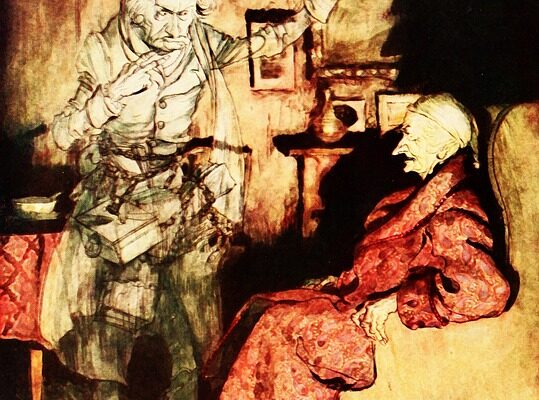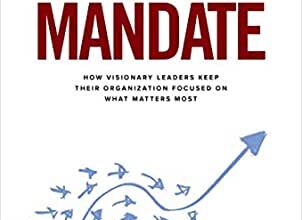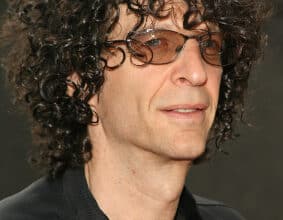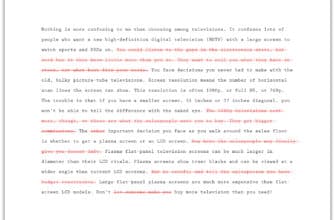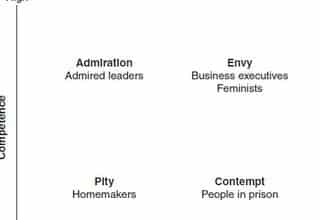The story of Ebenezer Scrooge is one of my favorite holiday traditions. As much as I’d like to say that I read Dickens’ A Christmas Carol every year, in truth I read it once, really liked it, and have since made a ritual of watching Scrooged with Bill Murray. With every viewing of this movie plus the multitude of other renditions, I wonder why calling someone a “Scrooge” is such a bad thing.
As leaders, we should strive to be Scrooges. If this sounds wrong that’s because you are focusing on the pre-Christmas Ebenezer. That guy is a selfish, egotistical miser who says things like, “If I could work my will, every idiot who goes about with ‘Merry Christmas’ on his lips should be…buried with a stake of holly through his heart.” But this is not the message of A Christmas Carol, it is simply the beginning.
A Christmas Carol is the story of self-improvement. It’s about learning from your past, having foresight into your future, and making the changes necessary in the present. This is not a feel-good self-affirmation; it’s a motivator to introspectively pick apart our flaws and work towards becoming a better person.
We can’t be forced to change our ways. There is no Ghost of Christmas Yet-to-Come to serve as a catalyst for evolving. Our fate will not be on display to pressure us into an epiphany. All we have is inner drive. Unfortunately, the determination to change is not enough; our bad habits are too embedded into our psyche. Therefore, according to Prochaska and DiClemente’s Stages of Change Model, we need to follow these five steps to make positive behavioral changes that stick.
- Precontemplation. In this first stage, we are Scrooge on December 23rd–making a change has been the farthest thing from our mind. The signs have been all around us, but we’ve fought or just ignored them.
- Contemplation. In this stage we’ve begun to think about the need to change a behavior. The impetus is different for everyone. For some it takes a particular event to wake us up, like Scrooge’s surprise visit from his deceased business partner Jacob Marley. For others it involves years of deliberation.
- Determination. Now we begin to mentally prepare for action. While Scrooge woke up on Christmas morning with a new outlook on life, we may download a new calendar app or buy running shoes. This stage involves mapping out our plan of attack and scheduling a start date. This culmination of willpower is the resolve to change and the fuel needed to attain your goals.
- Action. Time to activate your plan. Give Bob Cratchit a raise. Get medical assistance for Tiny Tim. Start moving!
- Maintenance. Day 1 of a new behavior is easy; true change takes persistence. Scrooge wasn’t just a more virtuous person on December 25th. As the book states, “Scrooge was better than his word. He did it all, and infinitely more… He became as good a friend, as good a master, and as good a man…” Maintenance involves continuing to chase your goal every day, with every decision, and every deed. It requires that we uphold a high life-condition where our changed belief continues to manifest as action. Create short milestones so you can appreciate the sense of accomplishment and reward yourself along the way.
Want to be a better leader? Be a Scrooge—remain in a constant state of self-improvement. Want to be a better leader? Be a Jacob Marley—guide others towards elevating their skills and performance. And if you really want to be a better leader, be a Ghost of Christmas Past, Present and Yet-to-Come—foster a culture where people can learn from their mistakes, understand the repercussions, and make changes before its too late. Or say, “Ba-Hum-Bug” and suffer the consequences.

